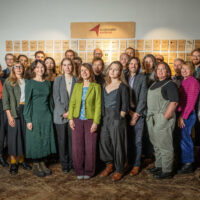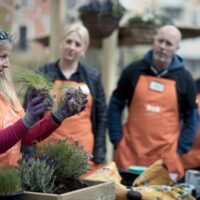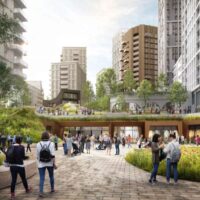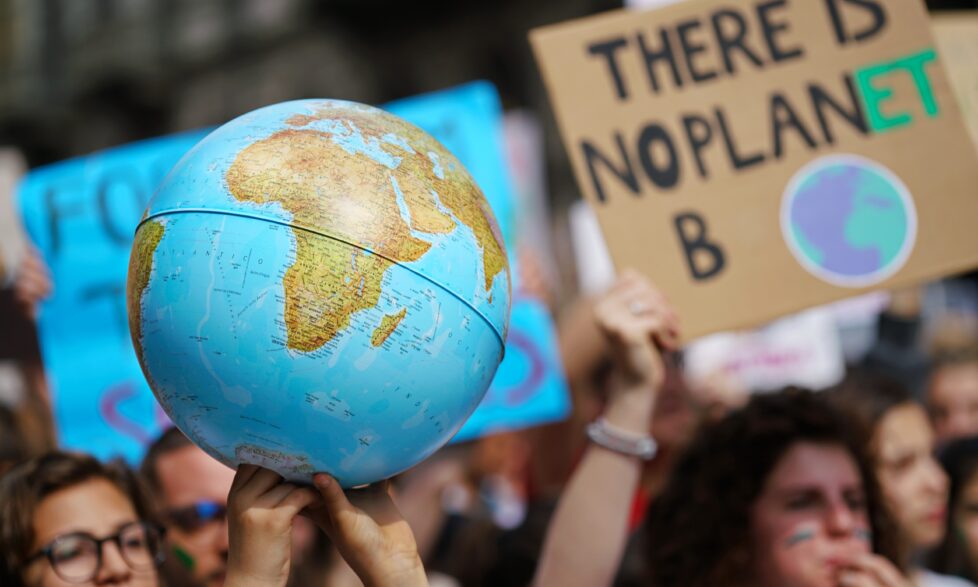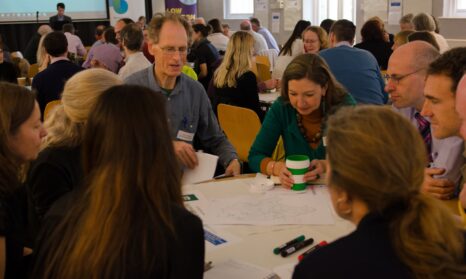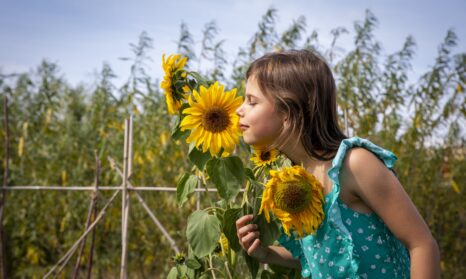Bioregional Impact Review 2019/20: the climate and ecological emergency cannot wait
“We can do this.” This was the theme for our 25th anniversary celebrations last November. As we reminisced about the highs and lows of a quarter of a century of environmental action, the thrill of 2020 was on the horizon.
We were certain it would be remembered as a sustainability ‘super year,’ culminating in the COP26 climate summit in Glasgow in November. Instead, 2020 will be remembered for the worst pandemic in more than a century.
A different 2020
As I write this, we are still in the throes of this harrowing crisis with more than three quarters of a million lives lost globally at latest count. Mental health is suffering, unemployment is soaring and, as ever, the poorest and most vulnerable are hit hardest.
And alongside this, the climate and ecological breakdown continues to spiral. With temperatures recently hitting 38°C in Siberia, 2020 is on course to be the hottest year since records began.
Yet despite the darkness of the last few months, only 9% of Britons say they want to ‘go back to normal.’ People have remembered what’s most important – family, community, time spent in nature. It’s been a glimpse into a world with more time relaxing at home, fewer cars on the roads, and fresher air to breathe.
We can seize the moment
The speed of change that occurred in March and April this year was astounding – governments showed that they can mobilise quickly and people have shown they can make rapid changes to the way they live. And behaviour change science has shown that new habits can be formed during times of crisis.
So, we now have a choice: we can harness the desire for change and ‘build back better’ - or we can go back to the old, destructive ways. And we know that a green and just recovery is possible because we see it every day in our work.
As you’ll see in our latest Impact Report below, the move to One Planet Living is accelerating across whole regions, and zero-carbon communities are flourishing. Businesses want help to achieve ambitious carbon targets and local authorities want to know what’s next after declaring a climate emergency. And some governments at least are starting to listen to calls for action.
We have all remembered what’s most precious to us. Let’s hold on to that as we build back better, focusing on getting to zero carbon by 2030 in a way that makes life better for everyone. Despite all that has happened during the pandemic, and all that will happen, I still know we can do this.

